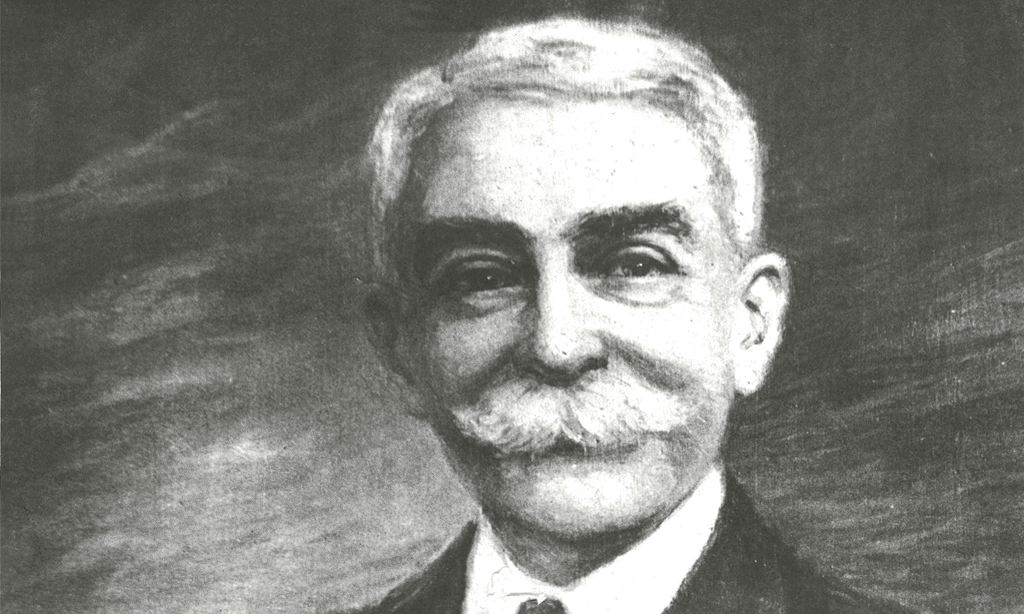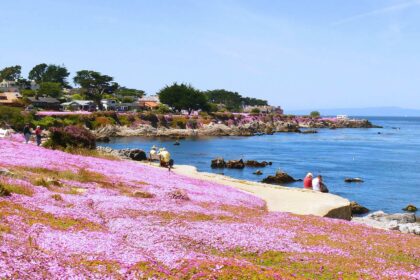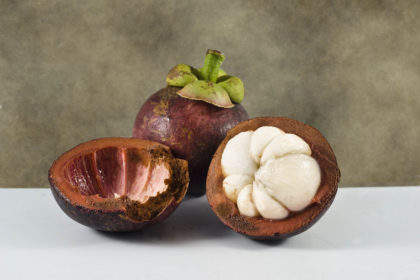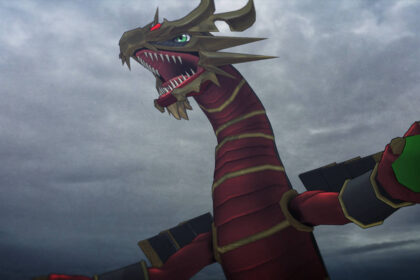Charles Pierre de Fredy was a French educator and historian, founder of the International Olympic Committee, and its second President. He is known as the father of the modern Olympic Games. Take a look below for 30 more fascinating and interesting facts about Baron Pierre De Coubertin.
1. Pierre was born in Paris on January 1, 1863, into an aristocratic family.
2. He was the fourth child of Baron Charles Louis de Frédy, Baron de Coubertin and Marie–Marcelle Gigault de Crisenoy.
3. Family tradition held that the Frédy name had first arrived in France in the early 15th century, and the first recorded title of nobility granted to the family was given by Louis XI to an ancestor, also named Pierre de Frédy, in 1477.
4. His father Charles was a staunch royalist and accomplished artist whose paintings were displayed and given prizes at the Parisian salon, at least in those years when he was not absent in protest of the rise to power of Louis Napoleon.
5. His paintings often centered on themes related to the Roman Catholic Church, classicism, and nobility, which reflected those things he thought most important.
6. In a later semi-fictional autobiographical piece called Le Roman d’un rallié, Coubertin describes his relationship with both his mother and his father as having been somewhat strained during his childhood and adolescence.
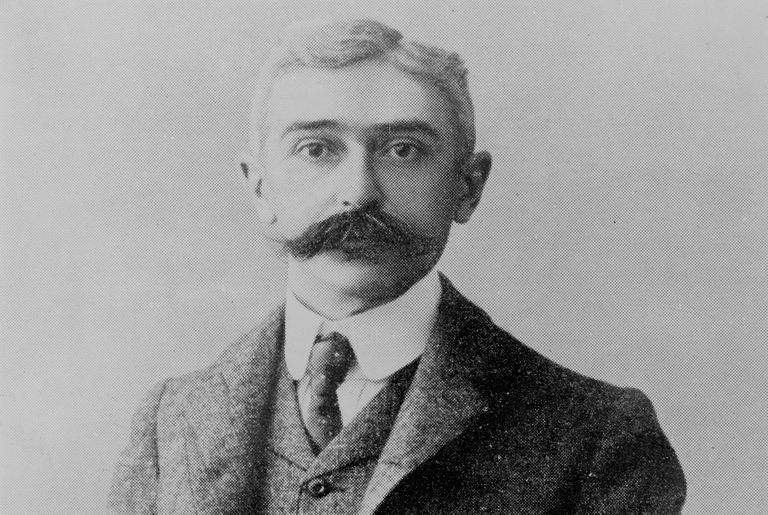
7. His memoirs elaborated further, describing as a pivotal moment his disappointment upon meeting Henri, Count of Chambord, whom the elder Coubertin believed to be the rightful king.
8. Coubertin grew up in a time of profound change in France: France’s defeat in the Franco-Prussian War, the Paris Commune, and the establishment of the French Third Republic, and later the Dreyfus affair.
9. In October 1874, his parents enrolled him in a new Jesuit school called Externat de la rue de Vienne, which was still under construction for his first five years there.
10. While many of the school’s attendees were day students, Coubertin boarded at the school under the supervision of a Jesuit priest, which his parents hoped would instill him with a strong moral and religious education.
11. There, he was among the top three students in his class, and was an officer of the school’s elite academy made up of its best and brightest. This suggests that despite his rebelliousness at home, Coubertin adapted well to the strict rigors of a Jesuit education.
12. As an aristocrat, Coubertin had a number of career paths from which to choose, including potentially prominent roles in the military or politics. But he chose instead to pursue a career as an intellectual, studying and later writing on a broad range of topics, including education, history, literature and sociology.
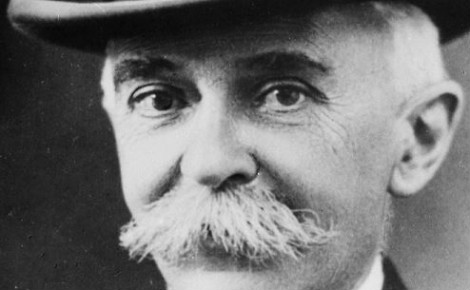
13. Coubertin is the instigator of the modern Olympic movement, a man whose vision and political skill led to the revival of the Olympic Games which had been practiced in antiquity.
14. Coubertin idealized the Olympic Games as the ultimate ancient athletic competition.
15. Coubertin created the modern pentathlon for the 1912 Olympics, and subsequently stepped down from his IOC presidency after the 1924 Olympics in Paris, which proved much more successful than the first attempt in that city in 1900.
16. He was succeeded as president, in 1925, by Belgian Henri de Baillet-Latour.
17. Years later Coubertin came out of retirement to lend his prestige to assisting Berlin to land the 1936 games.
18. In exchange, Germany nominated him for the Nobel Peace Prize.
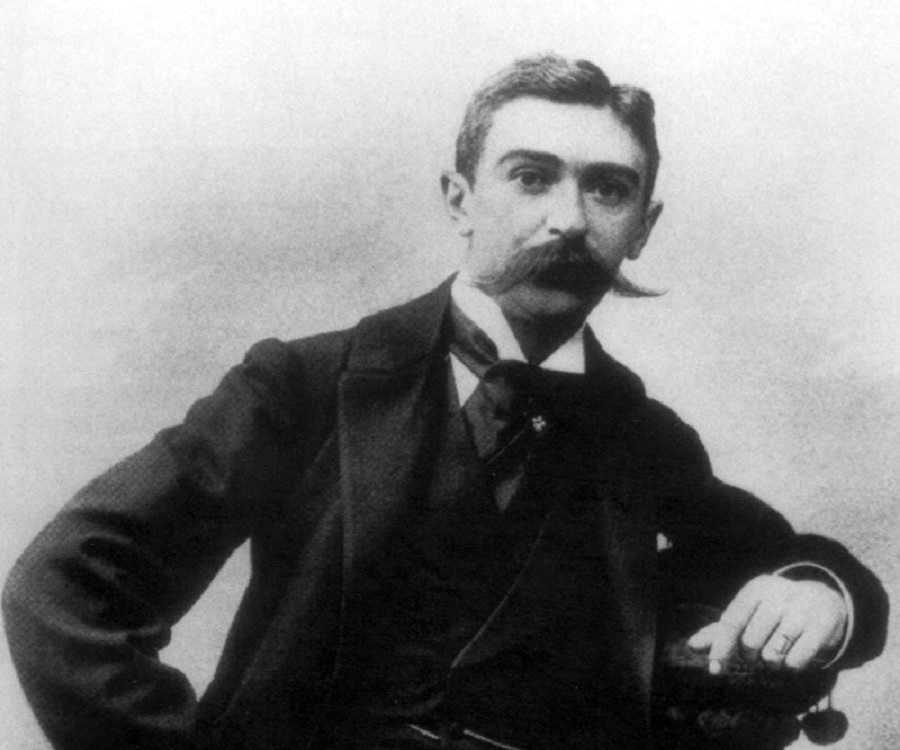
19. Coubertin won the gold medal for literature at the 1912 Summer Olympics for his poem Ode to Sport.
20. In 1911, Pierre de Coubertin founded the inter-religious Scouting organisation aka Éclaireurs Français (EF) in France, which later merged to form the Éclaireuses et Éclaireurs de France.
21. In 1895, Pierre de Coubertin had married Marie Rothan, the daughter of family friends.
22. Their son Jacques (1896–1952) became ill after being in the sun too long when he was a little child.
23. Their daughter Renée (1902–1968) suffered emotional disturbances and never married.
24. Marie and Pierre tried to console themselves with two nephews, but they were killed at the front in World War I.
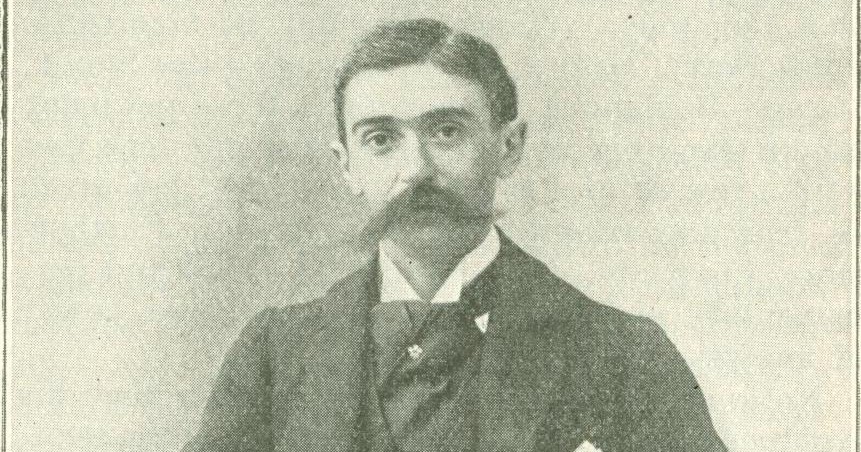
25. Coubertin died of a heart attack in Geneva, Switzerland on 2 September 1937. Marie died in 1963.
26. Pierre was the last person to the family name. In the words of his biographer John MacAloon, “The last of his lineage, Pierre de Coubertin was the only member of it whose fame would outlive him.”
27. The Olympic motto Citius, Altius, Fortius (Faster, Higher, Stronger) was proposed by Coubertin in 1894 and has been official since 1924. The motto was coined by Henri Didon OP, a friend of Coubertin, for a Paris youth gathering of 1891.
28. The Pierre de Coubertin medal (also known as the Coubertin medal or the True Spirit of Sportsmanship medal) is an award given by the International Olympic Committee to those athletes that demonstrate the spirit of sportsmanship in the Olympic Games.
29. A minor planet, 2190 Coubertin, was discovered in 1976 by Soviet astronomer Nikolai Stepanovich Chernykh and is named in his honor.
30. The street where the Olympic Stadium in Montreal is located (which hosted the 1976 Summer Olympic Games) was named after Pierre de Coubertin, giving the stadium the address 4549 Pierre de Coubertin Avenue.

